Certificate of Attendence
Available in the participante area


One line registration
Starts August/2017
Abstract submission
Ends by 31/01/2018
Abstracts acceptance
After 15/03/2018
Early registration
Ends by 15/04/2018
Regular registration
Ends by 12/05/2018
Cancelation and refund
Ends by 12/05/2018
Health: The Brazilian Ministry of Health recommends the inoculation against yellow fever. The vaccine should be taken at least ten days before travel and it provides immunity for at least 10 years.
Airport: Rio's international airport is served by 28 international carriers as well as the three major Brazilian airlines, with direct flights to-and-from more than 80 international cities and the major Brazilian centers of population.
Climate: Rio de Janeiro is a tropical city. Summer season is from December through March, with temperatures ranging from 25º C (77º F) to 42º C (108º F). Winter is from June through August with temperatures around 20º C (68º F) in the day and a cool 16º C (60º F) at night.
Clothing: for Rio city, where the beach and warm weather play such an important role, casual dress dominates. During working hours and presentations more formal attire maybe used.
Communications: Rio has an excellent telecommunications system which links the city to the rest of Brazil and the world. Direct dial and collect calls can be placed from most telephones. Pay phones are located throughout the city and operate with telephone cards. Portable cellular telephones are available to visitors for a small rental charge. The International Direct Dial (IDD) code for Brazil is 55 and the city code for Rio de Janeiro 21.
Electric Current: The electric current in Rio is 110 or 120 volts, 60 cycles, alternating current. Many hotels and apartment blocks do, however, have some 220 volt outlets.
Foreign Exchange: The Brazilian monetary unit is the Real (R$). The exchange rate available to visitors is published daily in newspapers along with the commercial dollar rate of the day used in official international business transactions. Cash and traveler checks, especially US Dollars, can be exchanged at most banks or exchange stores as well as the major hotels. All major credit cards are accepted in Brazil and some stores may even accept foreign currency.
Rio Tourist Police: One battalion of the Rio de Janeiro State Military Police (BPTUR) is specialized in ostensive patrolling of the city for the protection of tourists. They are properly trained and equipped to attend to cases involving tourists. They patrol popular tourist areas, such as the beaches and vicinity of the hotels.
Hotels: At last count the city of Rio de Janeiro had around 250 hotels including those from 1 to 5 stars, motels and apart-hotels; with more than 28.000 rooms in total.
Language: The language spoken in Brazil is Portuguese. English is the predominant foreign language taught in schools, and Spanish, if spoken slowly, is understood by a good percentage of the population.
Medical Services: Rio de Janeiro and Brazil have a number of internationally respected hospitals, clinics and doctors, but treatment is expensive so visitors are strongly advised to take out medical trip insurance before traveling to Brazil. Emergence medical assistance will be provided during the meeting to the registered participants.
Taxis: Rio has an extensive taxi fleet which includes yellow metered cabs which can be hailed in the streets, as well as a series of special taxis operated by licensed companies which can be found at the airports, hotels or booked by phone. From the international airport and the main shopping centers most of the special taxis work on a fixed fare by area. It should be paid in advance at the company's counter, where the fare prices are displayed. Avoid using unauthorized transportation.
Cultural: Rio de Janeiro has more than 200 locations for movies, theater, musical and artistic exhibitions, 82 museums and 76 libraries. Besides traditional museums, the city is home to museums dedicated to trains, planes, trolley-cars, jewelry and gemstones, sports, the native indigenous, primitive Brazilian art, and to Carmem Miranda, among others.
Dear participants of the 21th WCSS,
We are sharing the images taken at the Convention Center to remind you of the great time we had during the event.
Our best and thanks again to all that helped to make this a special moment.
To see the photos, please visit:
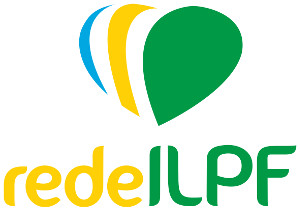
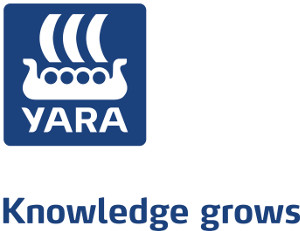




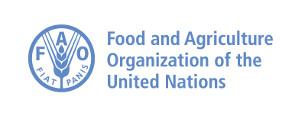

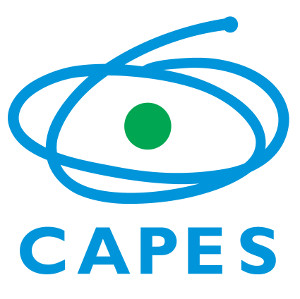


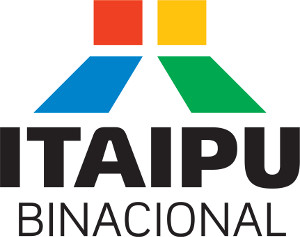


Além Mar/ Li-Cor
British Society of Soil Science
Copernicus
DFG- Deutsche Forschungsgemeinschaft
Euro Soil
InterMag
Livraria UFV
Marconi
Neobio e Microanalysis
Spectral
Tecnal
Tourism Toronto
Umwelt-Geräte-Technik GmbH
AMS, Inc.
Astro 34
CSIRO Publishing
Elsevier
European Commission
Gasmet
Jacto
MIDI
Ralco
Sentek
Soilmoisture Equipments
Springer
© 2017 21st WCSS - All rights reserved
Sociedade Brasileira de Ciência do Solo (SBCS)
Departamento de Solos - Edifício Sílvio Brandão, s/n
Cx.P. 231 - Campus da UFV CEP 36570-900 - Viçosa-MG
Fone: +55 31 3899-2471 - sbcs@sbcs.org.br; www.sbcs.org.br